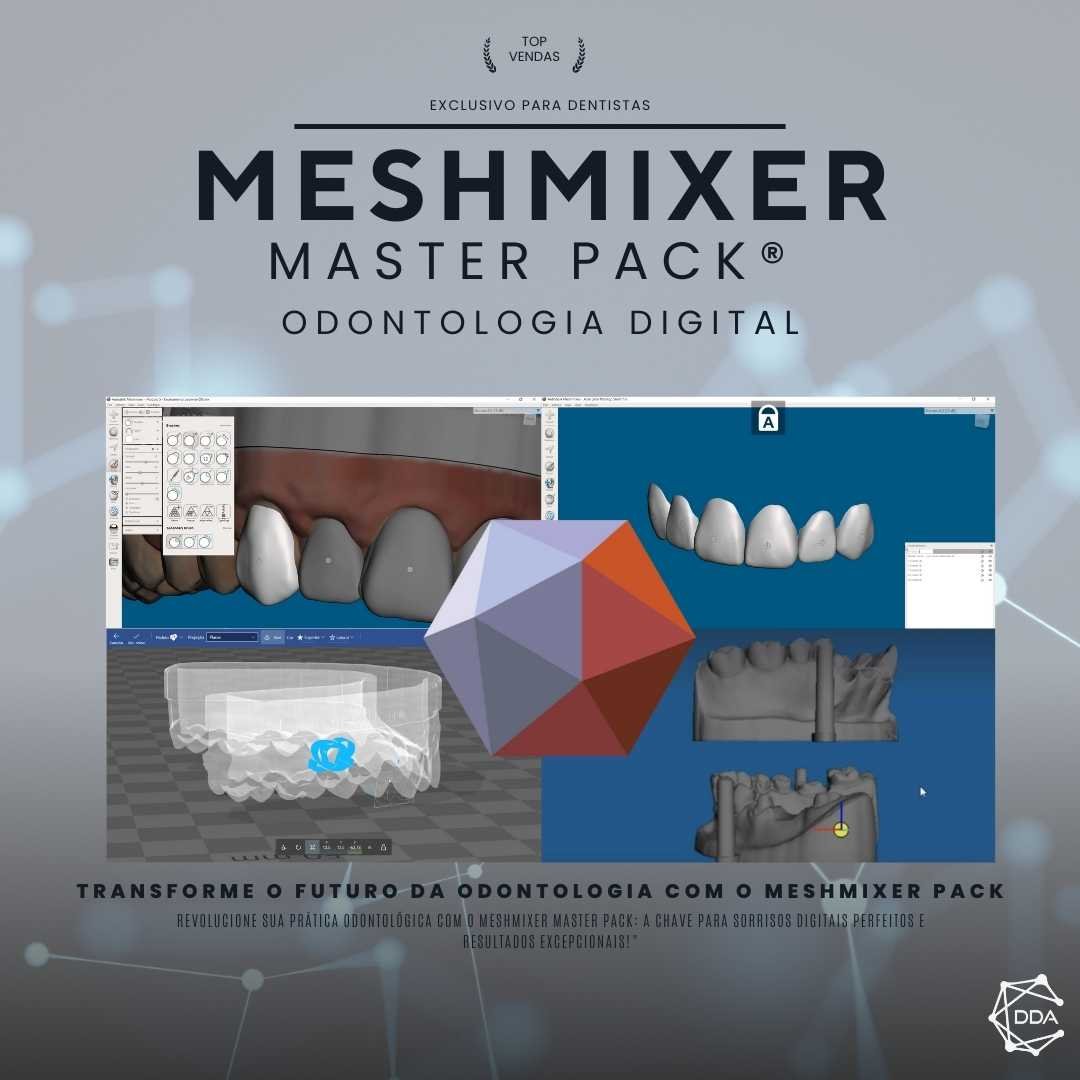What is an Incisor Tooth?
The incisor tooth is one of the types of teeth present in the human mouth. It is an anterior tooth, located in the front part of the dental arch, and plays a fundamental role in chewing and the aesthetics of the smile. The incisor teeth are responsible for cutting and tearing food, allowing it to be processed properly by the digestive system.
Anatomy of the Incisor Tooth
The incisor tooth is made up of different structures that make it functional and resistant. The crown is the visible part of the tooth, which projects out from the gum. It has a rectangular shape and is covered in enamel, the hardest substance in the human body. Enamel protects the tooth against the action of bacteria and acidic substances present in the mouth.
The root of the incisor tooth is located within the alveolar bone, which is part of the upper or lower jaw. The root is responsible for anchoring the tooth to the bone and providing structural support. It also contains blood vessels and nerves that nourish the tooth and transmit sensations to the central nervous system.
Functions of the Incisor Tooth
The incisor teeth have two main functions: aesthetics and chewing. Aesthetically, they play an important role in the appearance of the smile. The upper incisor teeth are visible when we smile, and their shape and color directly influence the aesthetics of the face.
When chewing, the incisor teeth are responsible for cutting and tearing food, preparing it for digestion. They have a sharp edge and are specially adapted for this function. In addition, the incisor teeth also help with speech articulation, allowing the correct pronunciation of certain sounds.
Common Incisor Teeth Problems
Like any other tooth, incisor teeth are subject to a number of problems and diseases. Cavities are one of the main conditions that affect incisor teeth. They occur when bacteria in the mouth produce acids that eat away at the tooth enamel, resulting in cavities.
In addition to tooth decay, incisor teeth can also be affected by periodontal problems such as gingivitis and periodontitis. These conditions are caused by inflammation and infection of the gums, which can lead to bone loss and tooth mobility.
Care and Prevention
To keep your incisor teeth healthy, it is important to adopt a proper oral care routine. This includes brushing your teeth at least twice a day with a soft-bristled toothbrush and fluoride toothpaste. In addition, it is essential to floss daily to remove food debris and plaque from between your teeth.
Regular visits to the dentist are also essential to prevent and treat problems with your incisors. The dentist will perform routine exams, such as professional cleanings, to remove plaque and identify any problems early. In addition, he or she will be able to advise you on the best way to take care of your oral health and perform specific treatments, if necessary.
Treatments for Incisor Teeth Problems
In cases of tooth decay in the incisors, the most common treatment is restoration. In this procedure, the dentist removes the area affected by decay and fills the space with a restorative material, such as composite resin. This restores the function and aesthetics of the tooth.
In more severe cases, where the cavity reaches the pulp of the tooth, it may be necessary to perform a root canal treatment. This procedure consists of removing the infected pulp and filling the canal with a suitable material. In some cases, it may be necessary to place a crown to protect the restored tooth.
Final considerations
The incisor tooth plays a fundamental role in chewing and the aesthetics of the smile. It is important to properly care for the incisor teeth, adopting an adequate oral hygiene routine and visiting the dentist regularly. This way, it is possible to prevent and treat problems, ensuring the health and beauty of the smile.

